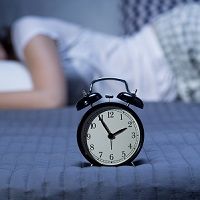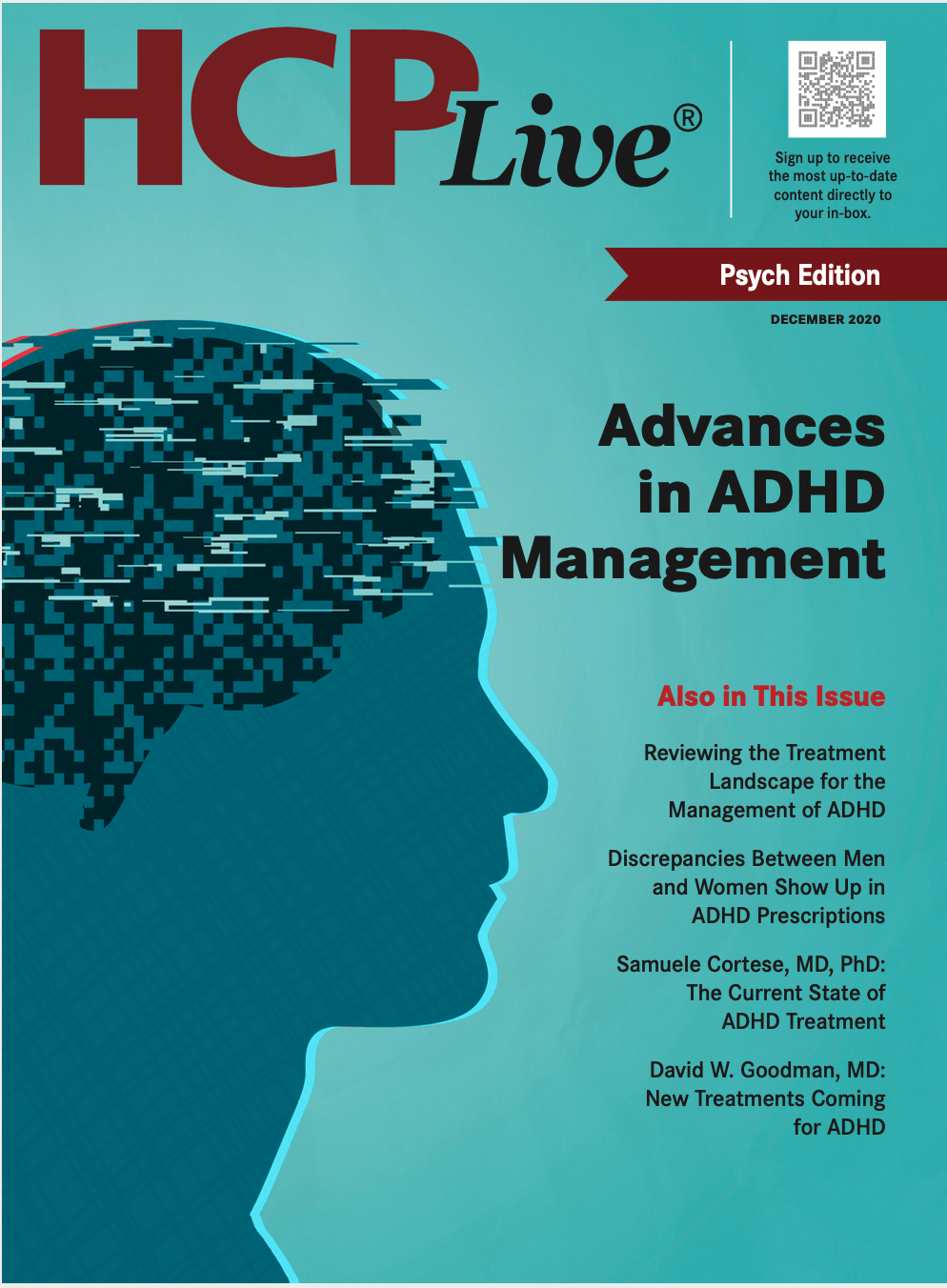Link Found Between ADHD and Sleep Issues in Adolescents
ADHD symptoms are highly comorbid with insomnia, restless leg syndrome, and snoring.

Both sleep problems and ADHD are common for adolescents, but little is known about the prospective link between sleep and subsequent ADHD symptoms in this patient group.
A team, led by Xiachen Liu, School of Public Health, Shandong University, examined the prospective associations between sleep problems and subsequent ADHD symptoms in a large sample of adolescent patients.
The Shandong Adolescent Behavior and Health Cohort (SABHC) trial included 7072 adolescents in Shandong. Each patient was initially assessed between November-December 2015 and reassessed one-year later.
The investigators collected sleep duration, sleep problems, and psychosocial information using a structural questionnaire and measured ADHD symptoms by the Achenbach Child Behavior Checklist-Youth Self-Report.
At baseline, only 7.6% participants had clinically relevant ADHD symptoms. These symptoms were highly comorbid with sleep problems, including insomnia symptoms, poor sleep quality, symptoms of restless legs syndrome, frequent snoring, and short sleep duration.
Of the 6531 participants without clinically relevant ADHD symptoms at baseline, 4.5% reported clinically relevant ADHD symptoms at the one-year follow-up.
The investigators also adjusted adolescent and family covariates for insomnia (OR, 2.09; 95% CI, 1.45—3.02), restless leg syndrome (OR, 1.47; 95% CI, 1.02–2.11), and frequent snoring (OR, 2.30; 95% CI, 1.36–3.90), all 3 of which were significantly linked to subsequent ADHD symptoms.
“ADHD symptoms and sleep problems are highly comorbid. Insomnia, [restless leg syndrome] and frequent snoring appear to be significant predictors of subsequent ADHD symptoms,” the authors wrote. “Our study highlights the importance of assessing and managing sleep problems for prevention and clinical treatment of ADHD symptoms in adolescence.”
How much a child sleeps could accurately tell whether or not they will develop a psychiatric disorder later on in life.
A team led by Bror M. Ranum, Department of Psychology, Norwegian University of Science and Technology (NTNU), examined the long-term and bidirectional link between the duration of sleep and symptoms of psychiatric disorders for school-aged children ages 6, 8, 10, and 12.
The population-based cohort study included 799 children that participated in the Trondheim Early Secure Study, where all time-invariant confounders and baseline levels of study variables were accounted for.
The investigators conducted a representative, stratified random sample of children in the study born between January 1, 2003 and December 31, 2004.
In the study, short sleep duration was prospectively tied to symptoms of psychiatric disorders only at younger ages, but not older ages. There was no evidence found for the opposite direction of association.
Shorter sleep duration at age 6 years (β [unstandardized regression coefficient] = −.44; 95% CI, −.80-−.08; P = .02) and 8 years (β = −0.47; 95% CI, −.83-−.11; P = .01) accurately forecasted symptoms of emotional disorders 2 years later.
However, shorter sleep duration at 8-years old β = −0.65; 95% CI, −1.22-−.08; P = .03) and 10 years (β = −0.58; 95% CI, −1.07-−.08; P = .02) was associated with symptoms of behavioral disorders 2 years later among boys, but not among girls at age 8 years (β = −.14; 95% CI, − .52-.24; P = .48) or 10 years (β = −.05; 95% CI, = −.49-.40; P = .84).
The study, “Associations between sleep problems and ADHD symptoms among adolescents: findings from the Shandong Adolescent Behavior and Health Cohort (SABHC),” was published online in Sleep.
